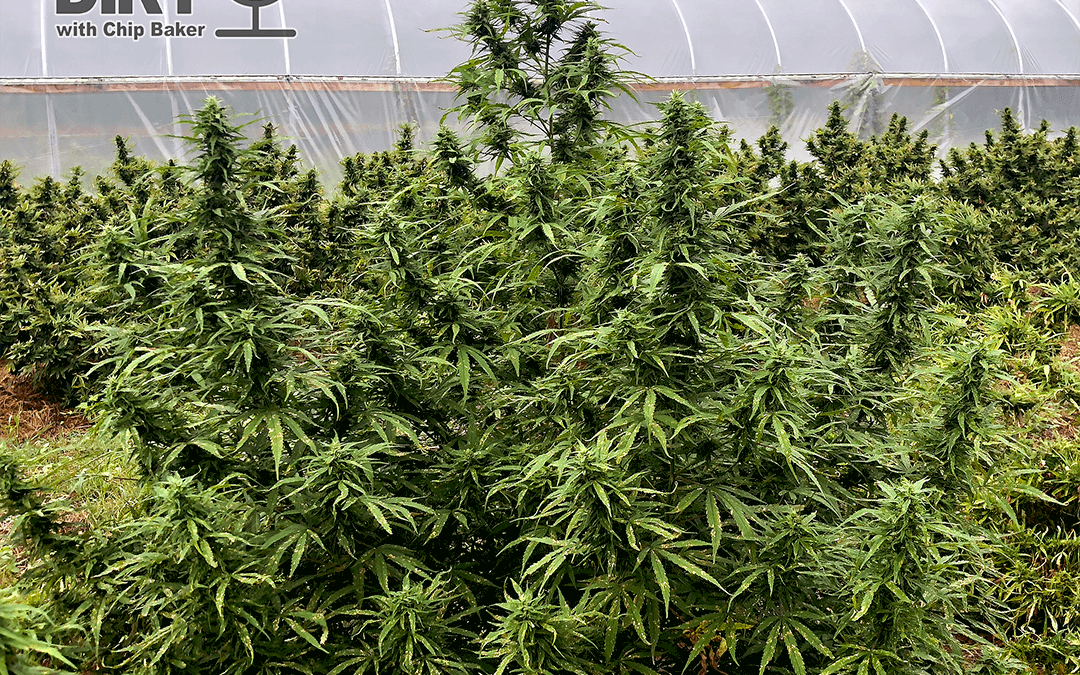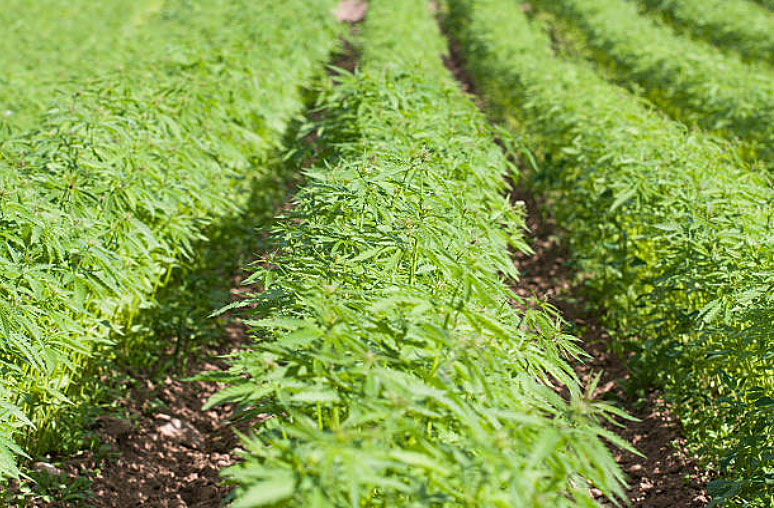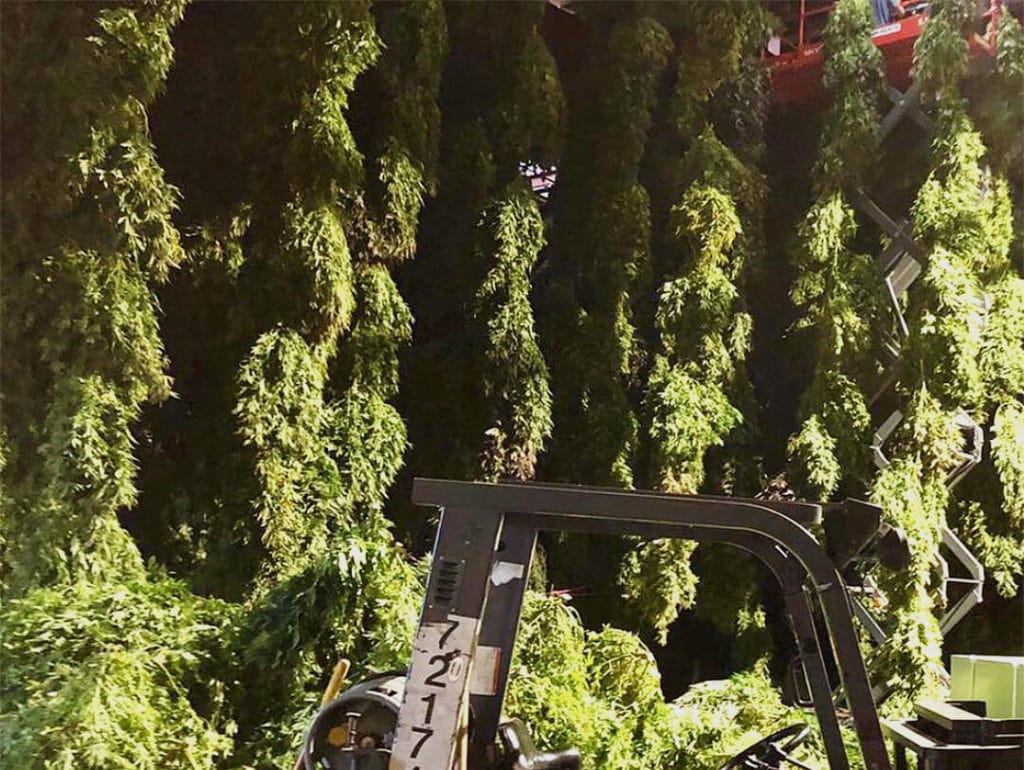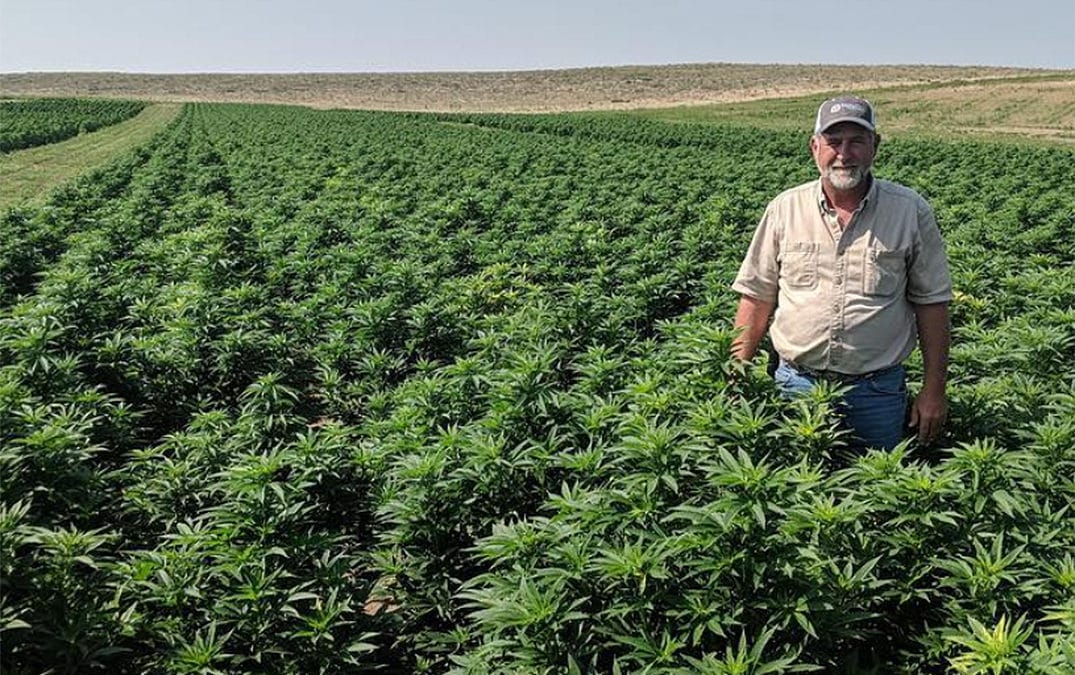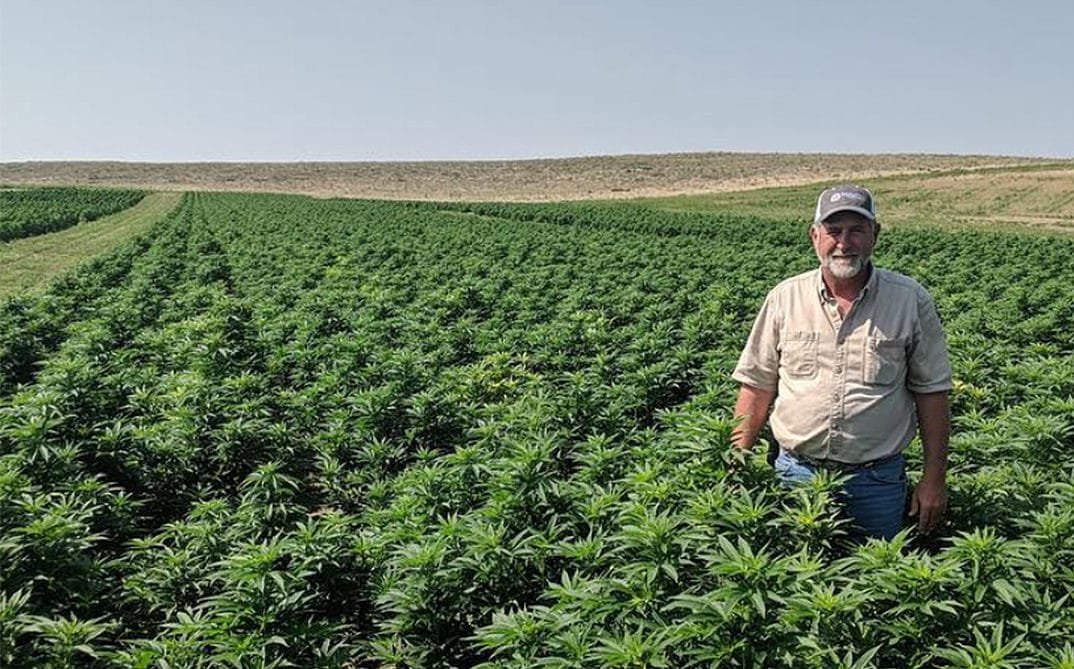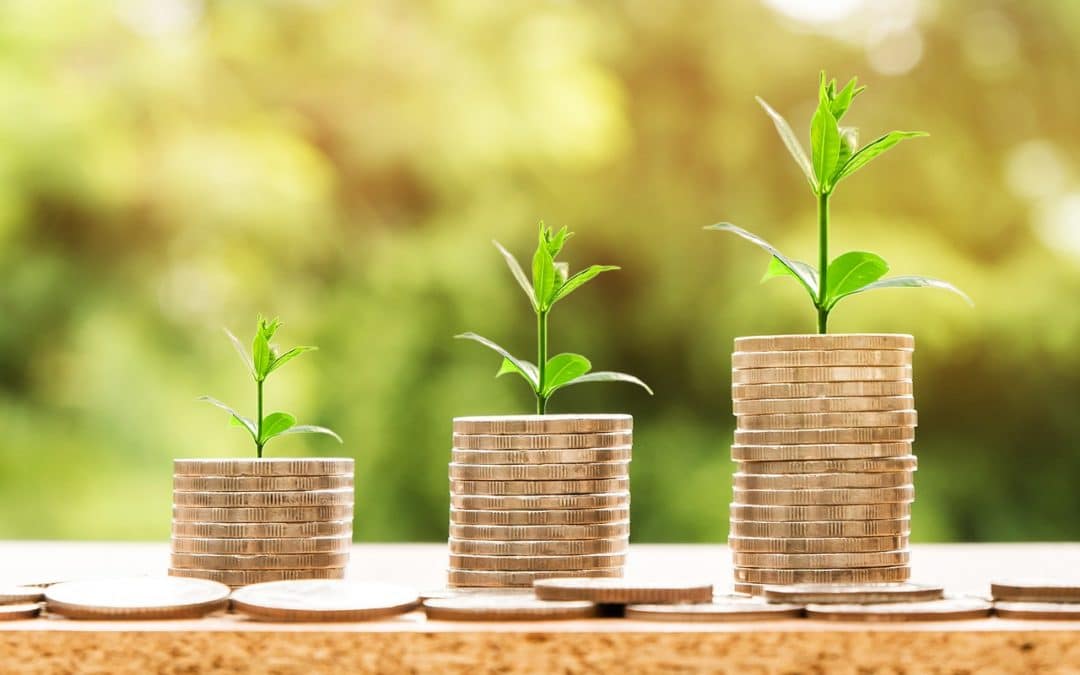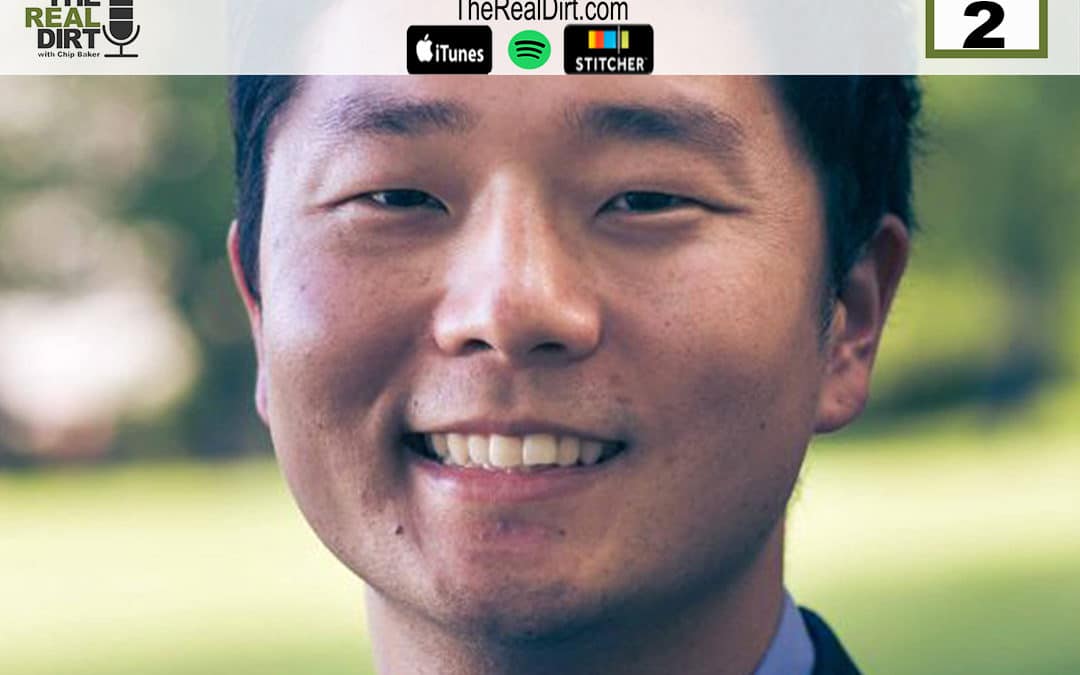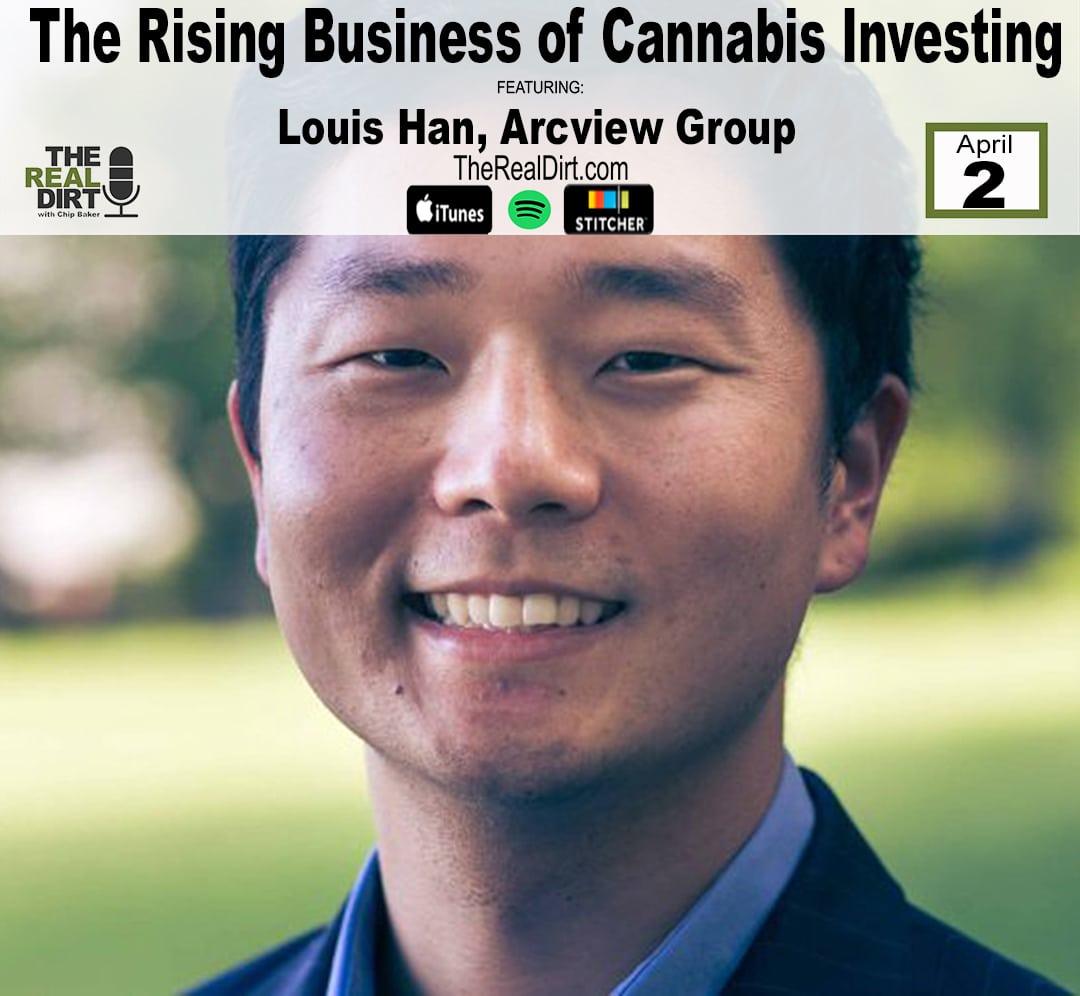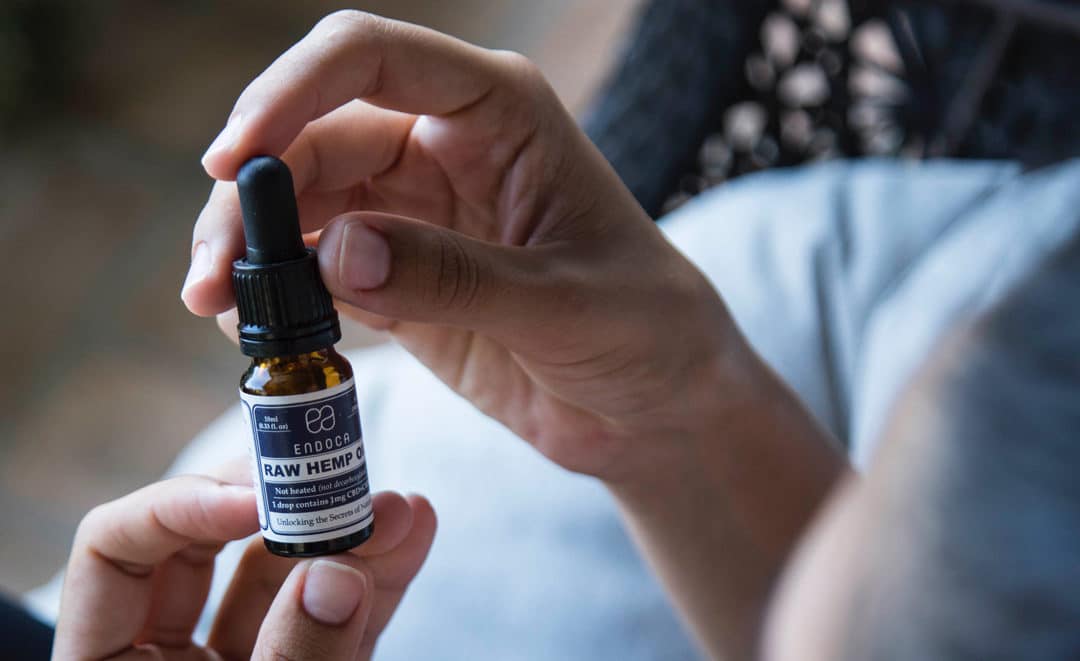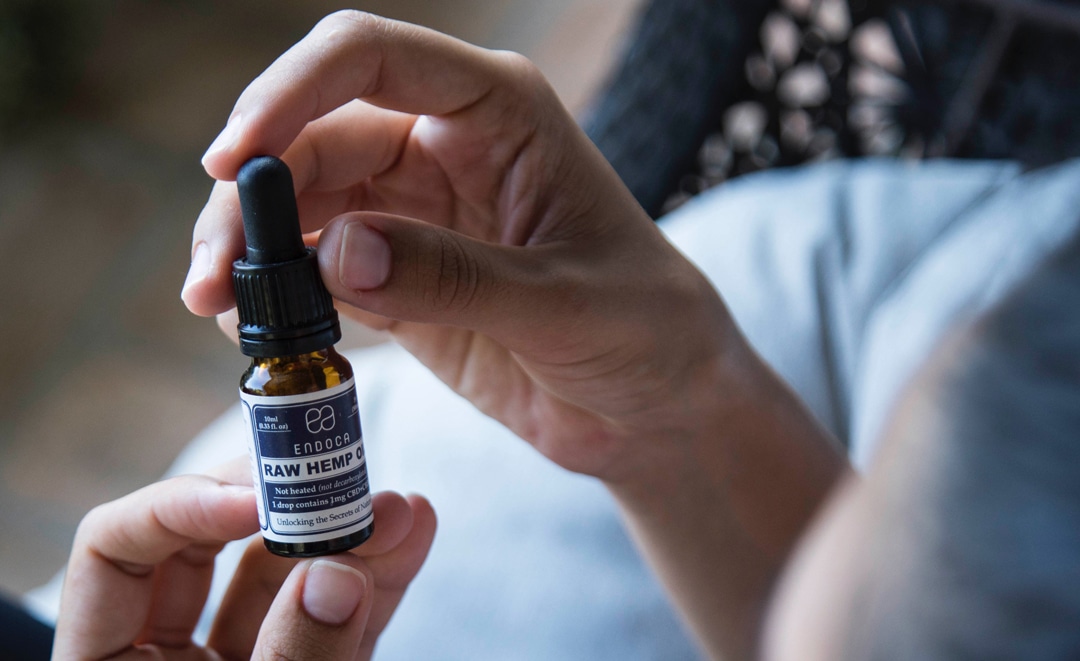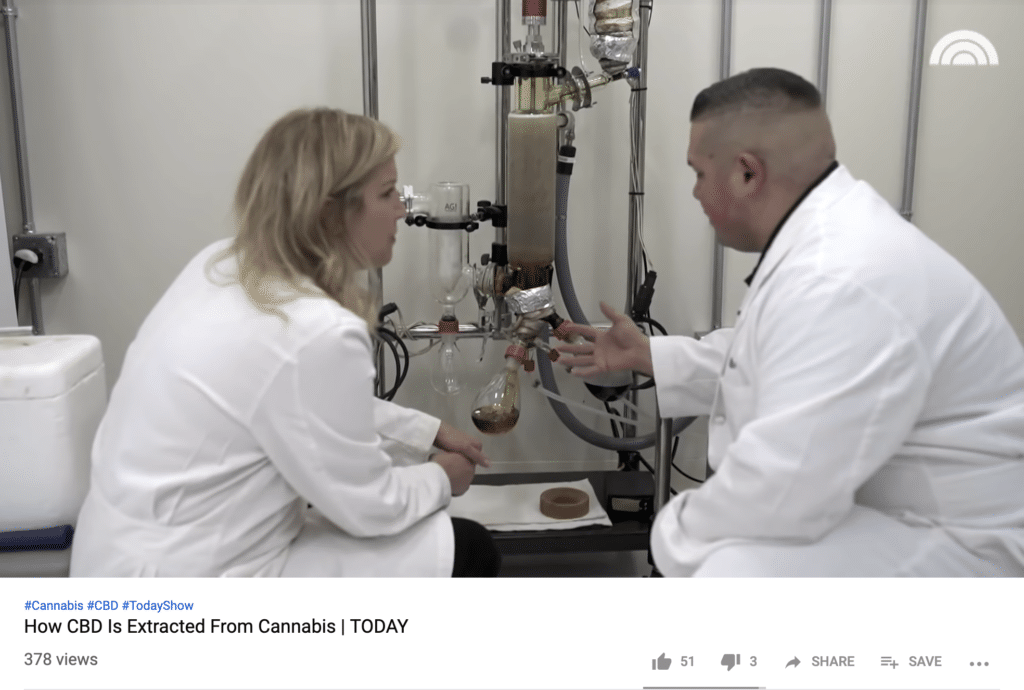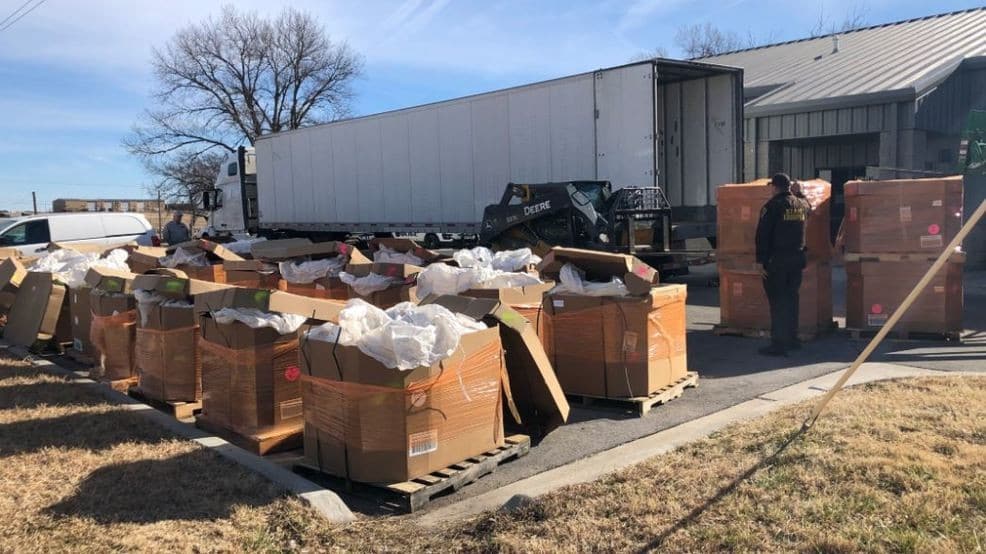
Oklahoma Hemp Bust (Update)

Four men were arrest during an Oklahoma hemp bust back in January. Now two men are finally free, with the other two with unsure futures.
The Real Dirt reported on a story back in January that involved a company transporting hemp through Oklahoma. The hemp was poorly stored, resulting in odor that could be smelled 2 miles down the road, by police.
What happened next cause quite some controversy in the new legal Oklahoma hemp industry.
The Original Oklahoma Hemp Bust
In early January Andrew Ross from Aurora, CO was providing security for the transport of several thousand pounds of what he claimed to be industrial hemp from Oklahoma to Colorado. Ross and the semi-truck he was assisting was pulled over in Pawhuska, Oklahoma after running a red light.
The officer smelled what he claimed to be cannabis as he approached Ross’ van, at which point Ross told him that they were the security for the semi-truck transporting hemp. Ross was then instructed to open the semi-truck, revealing over 9,000 pounds of hemp or cannabis.
After conducting a field test, which tests for any amount of THC, the officer believed the plants to be cannabis and not hemp. However, legal hemp can have up to .3% THC. This led to a lengthy delay in the case as the local police had to send the plants to be lab-tested, which was additionally delayed by the government shutdown in January.
During this time, two of the four who were arrested — Ross, one other in the van and another two in the semi-truck were arrested in total — have remained in prison since they couldn’t afford bail. They most likely won’t be released until the conclusive results of the tests come back.
The Update
While four men were arrested back in January, only the two truck drivers who couldn’t afford bail have remained in prison, until about a month ago. In late March, all charges were dropped against the truck drivers Tadesse Deneke and Farah Warsame.
But for Andrew Ross and his partner that provided security for the transport, the legal battle is not over. While a local man from Tulsa actually offered to pay the bond for Deneke and Warsame to get them out of jail, setting them free, The DA is still pursuing charges aginst the security company.
Of the seized material that was tested, eight of the eleven tests conducted came back “hot”. In other words, the THC levels of the samples tested above the legal amount of .3%, with the hot samples testing between .38% and .5% THC. That is no longer considered legal hemp under federal law.
According the DA’s ongoing investigation, the security drivers for the truck may have had more knowledge about what they were transporting compared to the truck drivers. Implicating that they could have know they were transporting illegal hemp, and let the drivers, who had no experience with hemp, transport it anyway.
What Comes Next?
While the security guards are not being held in jail since they posted bail, their charges have still not been dropped. If convicted, they could face up to 20 years in prison for transportation of illegal cannabis.
And this is case is still far from over. The next court appearance for the security guards is not until August 8th, 2019. The evidence is starting to point toward foul play. If the security guards knew they were transporting illegal material, they will be held responsible, along with the company that grew the hemp to begin with.
If it really is true that almost none of the hemp on the truck was .3%, then this is a case of someone trying to skirt the law, but not getting close enough to do it. This is a weeding out process, and people will try to take advantage of a new, infantile industry with little regulation or state oversight currently.
The Real Dirt will continue coverage of this case as it develops.

